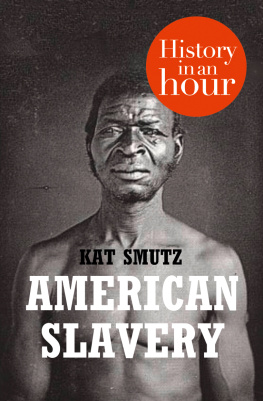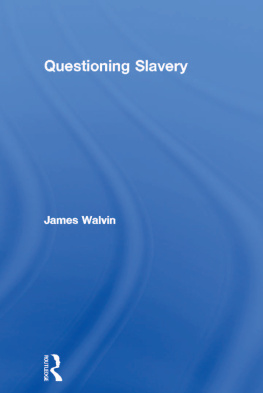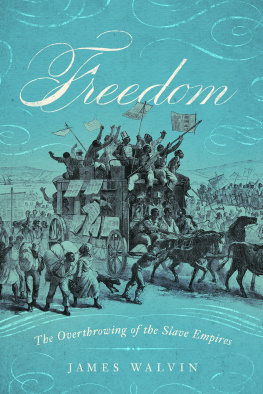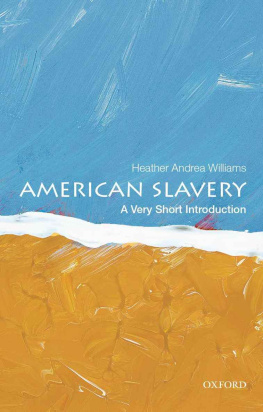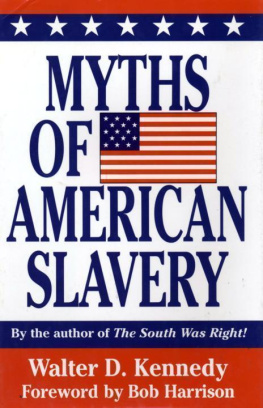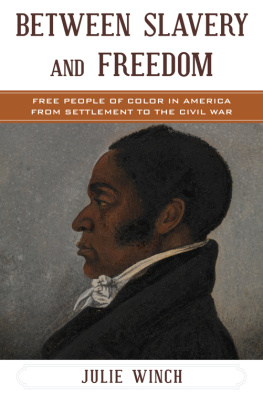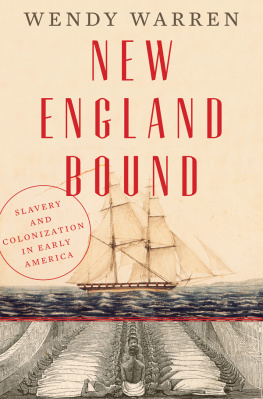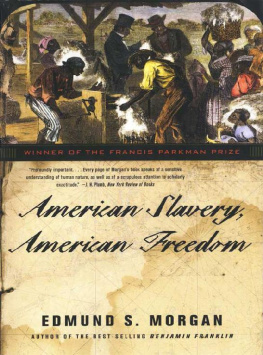William G. Thomas - A Question of Freedom : The Families Who Challenged Slavery from the Nations Founding to the Civil War
Here you can read online William G. Thomas - A Question of Freedom : The Families Who Challenged Slavery from the Nations Founding to the Civil War full text of the book (entire story) in english for free. Download pdf and epub, get meaning, cover and reviews about this ebook. City: New Haven, year: 2020, publisher: Yale University Press, genre: History / Science. Description of the work, (preface) as well as reviews are available. Best literature library LitArk.com created for fans of good reading and offers a wide selection of genres:
Romance novel
Science fiction
Adventure
Detective
Science
History
Home and family
Prose
Art
Politics
Computer
Non-fiction
Religion
Business
Children
Humor
Choose a favorite category and find really read worthwhile books. Enjoy immersion in the world of imagination, feel the emotions of the characters or learn something new for yourself, make an fascinating discovery.

- Book:A Question of Freedom : The Families Who Challenged Slavery from the Nations Founding to the Civil War
- Author:
- Publisher:Yale University Press
- Genre:
- Year:2020
- City:New Haven
- Rating:5 / 5
- Favourites:Add to favourites
- Your mark:
A Question of Freedom : The Families Who Challenged Slavery from the Nations Founding to the Civil War: summary, description and annotation
We offer to read an annotation, description, summary or preface (depends on what the author of the book "A Question of Freedom : The Families Who Challenged Slavery from the Nations Founding to the Civil War" wrote himself). If you haven't found the necessary information about the book — write in the comments, we will try to find it.
A work of remarkable honesty and humanity that should inform any conversation on the legacy of slavery. Please read it.Lauret Savoy, author of Trace: Memory, History, Race, and the America Landscape and a descendant of freedom petitioners For over seventy years and five generations, the enslaved families of Prince Georges County, Maryland, filed hundreds of suits for their freedom against a powerful circle of slaveholders, taking their cause all the way to the Supreme Court. Between 1787 and 1861, these lawsuits challenged the legitimacy of slavery in American law and put slavery on trial in the nations capital. Piecing together evidence once dismissed in court and buried in the archives, William Thomas tells an intricate and intensely human story of the enslaved families (the Butlers, Queens, Mahoneys, and others), their lawyers (among them a young Francis Scott Key), and the slaveholders who fought to defend slavery, beginning with the Jesuit priests who held some of the largest plantations in the nation and founded a college at Georgetown. A Question of Freedom asks us to reckon with the moral problem of slavery and its legacies in the present day.
William G. Thomas: author's other books
Who wrote A Question of Freedom : The Families Who Challenged Slavery from the Nations Founding to the Civil War? Find out the surname, the name of the author of the book and a list of all author's works by series.

